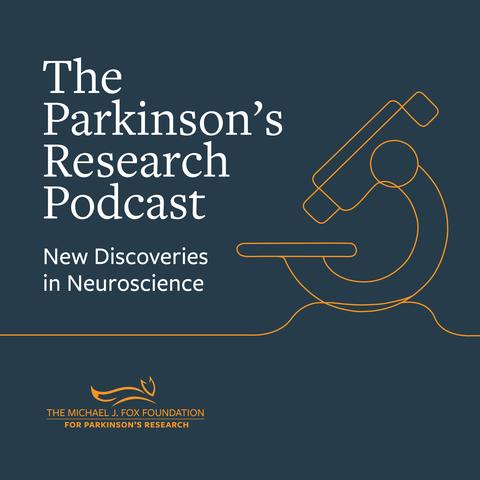

Gait impairments such as slow speed, small steps, and high variability from step to step are common in people with Parkinson's disease, and these changes begin to occur early in the course of disease. Freezing of gait may develop later for some individuals, and it has been linked to falls and other adverse outcomes. When the quality of walking declines, it can lead to a reduction in the quantity of walking and overall physical activity, which is also related to poorer health outcomes. To prevent this cascade of events, Dr. Gammon Earhart is developing and evaluating interventions to improve gait and increase physical activity in People with Parkinson's disease. In this episode, she discusses how she and collaborators are conducting studies on different approaches, including a mobile health application, self-generated rhythmic cues in the form of singing, and mindfulness training, to improve aspects of walking and physical activity in people with Parkinson's disease. Gammon is Professor of Physical Therapy, Neurology, and Neuroscience, Associate Dean for Physical Therapy, and Director of the Program in Physical Therapy at Washington University School of Medicine in St. Louis.
This podcast is geared toward researchers and clinicians. If you live with Parkinson’s or have a friend or family member with PD, listen to The Michael J. Fox Foundation Parkinson’s Podcast. Hear from scientists, doctors and people with Parkinson's on different aspects of life with the disease as well as research toward treatment breakthroughs at https://www.michaeljfox.org/podcasts.
Rather listen on-the-go? Subscribe to The Parkinson’s Research Podcast: New Discoveries in Neuroscience on iTunes or through any podcast app on your smartphone or tablet.
View the transcript of this podcast.
You can learn more about the many resources The Michael J. Fox Foundation offers to researchers here.
Editor's Note: This podcast episode was part of a limited series created by The Michael J. Fox Foundation in 2023 and 2024 for clinicians and researchers in our audience. These episodes offer a deeper dive into exciting new scientific research on Parkinson’s disease, as well as innovative tools and valuable resources, through conversations with a diverse range of experts in the field.